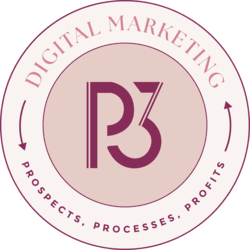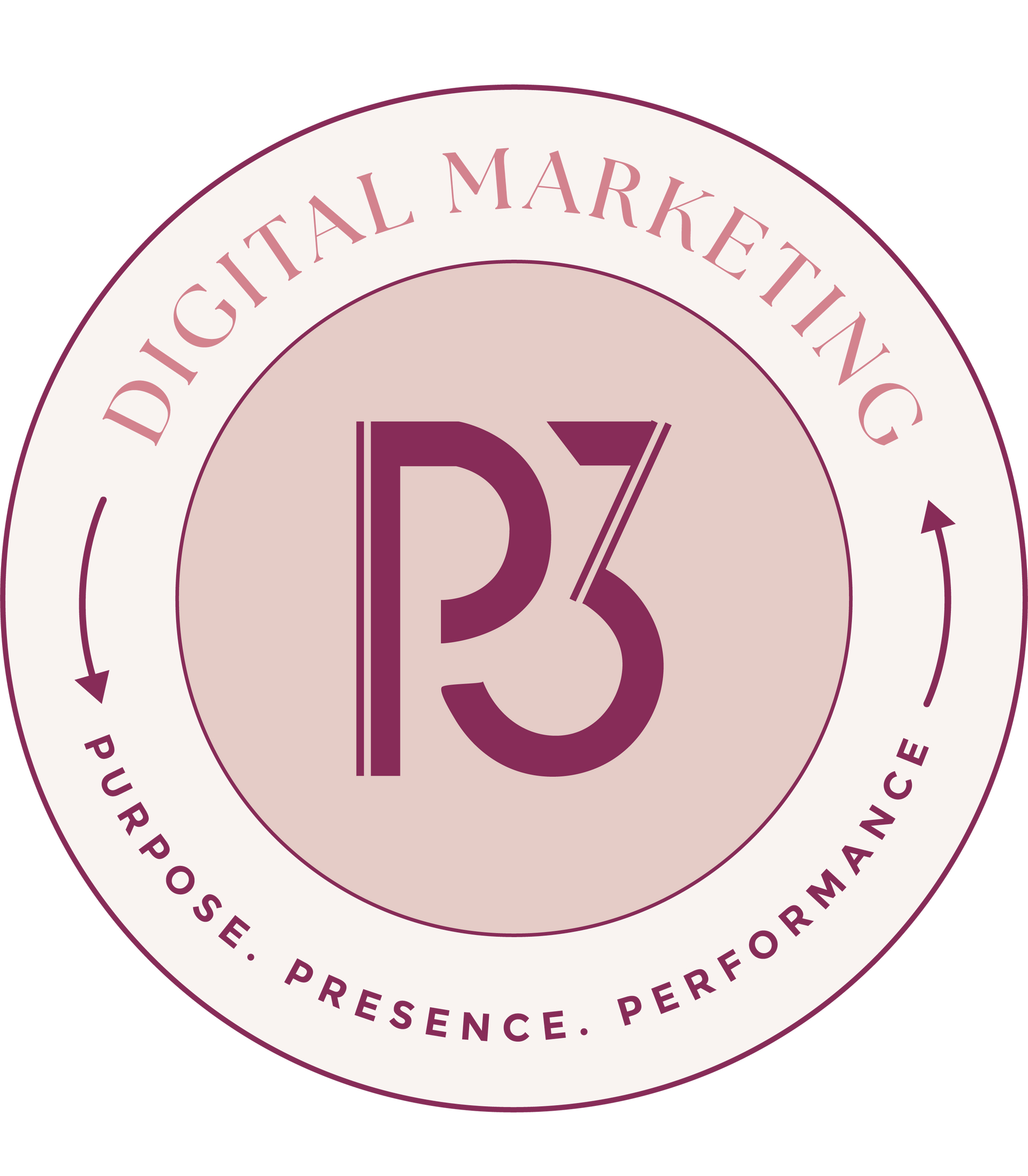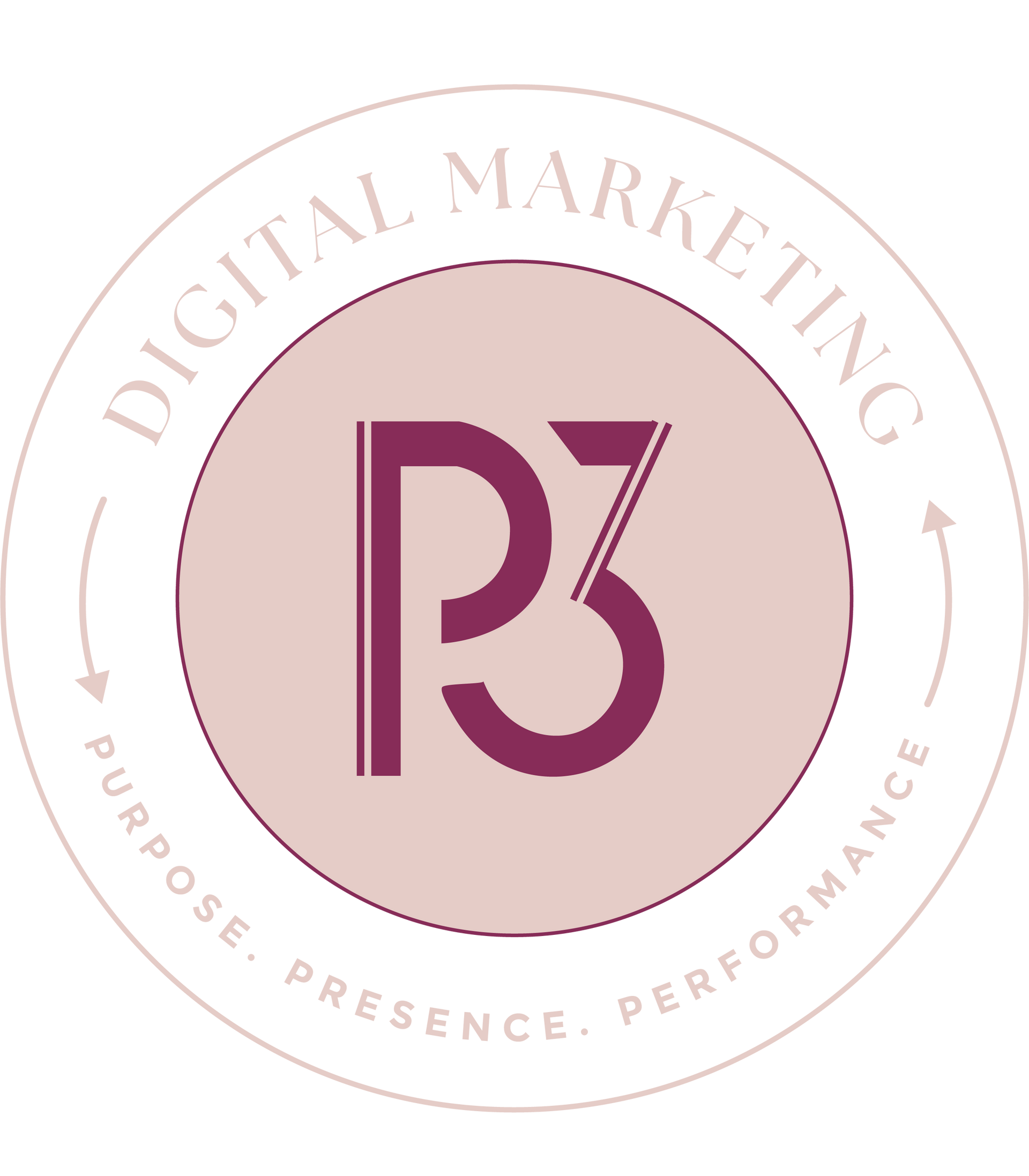Online Presence for Small Service Provider Businesses is Critical!

In today's digital age, having an online presence is no longer optional—it's essential. For small service provider businesses, your online footprint is often your first impression, your storefront, your customer service desk, and your referral generator all in one. Whether you're a local therapist, real estate agent, legal consultant, health coach, or salon owner, the success of your business hinges on how easily customers can find and trust you online.
Yet, many small service providers still underestimate the power of a well-structured digital presence. If you're one of them, it's time to change that. Here’s why building and maintaining an online presence is critical for growing your business, standing out from competitors, and future-proofing your brand.
What Is an Online Presence?
Your online presence is the collective visibility of your business across the internet. This includes your website, social media profiles, online directory listings (like Google Business Profile), search engine results, customer reviews, email marketing, and any other place your business appears online.
It's not just about existing online—it's about being found, making a good impression, and engaging with your audience in a meaningful way.
Why Online Presence Matters for Small Service Providers
1. You’re Where Your Customers Are
Consumer behavior has drastically shifted. According to recent studies, over 80% of consumers research a business online before making a purchasing decision. That number is even higher for local service providers.
People no longer pick up the Yellow Pages—they Google “plumber near me” or search on Facebook for a reliable dog groomer. If your business isn’t showing up, you’re invisible to a massive chunk of your potential customers.
2. Builds Credibility and Trust
A professional online presence legitimizes your business. A well-designed website, consistent branding, and active social media profiles signal that you are a serious, reliable service provider.
Reviews on platforms like Google, Yelp, or Facebook can either make or break a potential sale. If customers can’t find any information about you, or worse—find outdated or negative content—they’re likely to move on to someone else.
3. Your Website Works 24/7
Unlike a physical store or office, your website is open all day, every day. It’s your digital salesperson, available to provide information, capture leads, and even close deals while you sleep.
A service provider website should include:
- Your services
- Testimonials and reviews
- Clear contact information
- Online booking or inquiry forms
- SEO-optimized content
Having this information readily available answers customer questions and builds confidence—helping them take the next step.
Components of a Strong Online Presence
A powerful digital presence isn’t about being everywhere—it’s about being strategic. Here are the most critical components:
Your website is your home base. Social media can come and go, but your website is owned real estate. It should be mobile-friendly, fast-loading, and optimized for both user experience and search engines.
Key features:
- Responsive design for mobile and desktop
- Clear calls to action (e.g., “Schedule a Consultation”)
- SEO-optimized pages and blogs
- Easy navigation
- Secure (SSL certificate)
2. Search Engine Optimization (SEO)
Being online means little if people can’t find you. SEO ensures your business ranks well when people search for your services.
For small service providers, local SEO is especially important. This includes:
- Claiming and optimizing your Google Business Profile
- Including your NAP (Name, Address, Phone) consistently across the web
- Getting positive customer reviews
- Building local backlinks and citations
3. Google Business Profile (GBP)
Your GBP listing is one of the most valuable assets you can manage. It helps your business appear in the "Local Pack" (top 3 map listings) and offers critical business info—hours, directions, photos, reviews, and updates.
Optimize it by:
- Keeping information accurate and up to date
- Adding high-quality photos
- Encouraging reviews and responding to them
- Using relevant service categories and keywords
4. Online Reviews and Reputation Management
Social proof is powerful. More than 90% of consumers read online reviews before visiting a business.
Make it easy for happy customers to leave reviews, and make it a habit to respond to every review—positive or negative. This not only improves your reputation but also shows prospects that you care about your clients.
5. Social Media Marketing
Your customers are on social media. Whether it’s Facebook, Instagram, or LinkedIn, social platforms help you:
- Share updates and promotions
- Engage with your audience
- Showcase your work or client success stories
- Build brand personality and trust
Even posting 2-3 times per week consistently can make a big difference.
6. Email Marketing
Email marketing keeps you top-of-mind and nurtures leads into paying clients. Collect emails through your website or social media and send regular newsletters, tips, special offers, or updates.
Tools like Mailchimp or Constant Contact can help you automate and manage your campaigns professionally.
7. Content Marketing
Blogs, videos, and how-to guides are more than just helpful—they position you as an expert in your field. A plumber writing about “how to unclog a drain” or a therapist sharing “5 tips to manage anxiety” is offering value and building trust with potential clients.
Fresh, relevant content also helps with SEO and gives you more to share on social media.
Competitive Advantage: Stand Out in a Crowded Market
Your online presence helps distinguish your business from competitors. Even if your service is excellent, a lackluster or nonexistent online presence can make you seem outdated, unreliable, or hard to reach.
Ask yourself: if someone Googled your service category right now in your area, would you come up?
If the answer is no—or if your competitor’s online image is stronger—you’re losing business.
Future-Proofing Your Business
Digital marketing trends continue to evolve. Voice search, AI tools, and algorithm updates all play a role in how customers find and interact with businesses online. Having a solid digital foundation allows your business to adapt quickly and stay relevant.
It also helps you scale. Want to start offering online consultations? Launch a course? Grow into new locations? Your digital presence will be key to supporting those goals.
Real-World Example
Let’s say you’re a mobile dog groomer in Charlotte, NC. A potential client searches for "mobile dog grooming near me." If you have:
- A website with pricing, testimonials, and an online booking form
- A Google Business Profile with 5-star reviews and fresh photos
- Social media pages with happy client dogs and before/after shots
…you're far more likely to earn that client's business over someone who just has a phone number in an online directory.
That’s the power of presence.
Getting Started: A Simple Action Plan
Ready to take control of your online presence? Here’s a simplified 5-step plan:
- Build or improve your website. Use a professional designer or DIY platform like Wix or Squarespace, but make sure it looks clean, modern, and functional.
- Claim your Google Business Profile. Optimize it with the correct business information, categories, photos, and reviews.
- Audit your existing online listings. Ensure your NAP (Name, Address, Phone) - also known as citations, is consistent everywhere—Yelp, Facebook, Yellow Pages, etc.
- Create content. Start with a monthly blog post or weekly social media updates to stay active and visible.
- Request reviews. Follow up with happy customers and ask them to leave feedback on Google or other platforms. Proper reputation management is critical for small businesses.
Final Thoughts: Don’t Let Opportunity Pass You By
The digital world is where decisions are made. Your business may be small, but your reach doesn’t have to be. Investing in your online presence isn’t just about keeping up with trends—it’s about meeting your customers where they are, earning their trust, and growing your business sustainably.
At P3 Digital Marketing, we specialize in helping small service providers like you create digital strategies that drive results. Whether you need help with web design, SEO, Google Business Profile optimization, or content marketing—we’ve got you covered.
Let’s put your business on the digital map. Contact us today to get started.
Keywords to optimize blog for SEO:
- Online presence for small businesses
- Digital marketing for service providers
- Google Business Profile optimization
- Local SEO for small businesses
- Small business online visibility
- Reputation management for service providers



